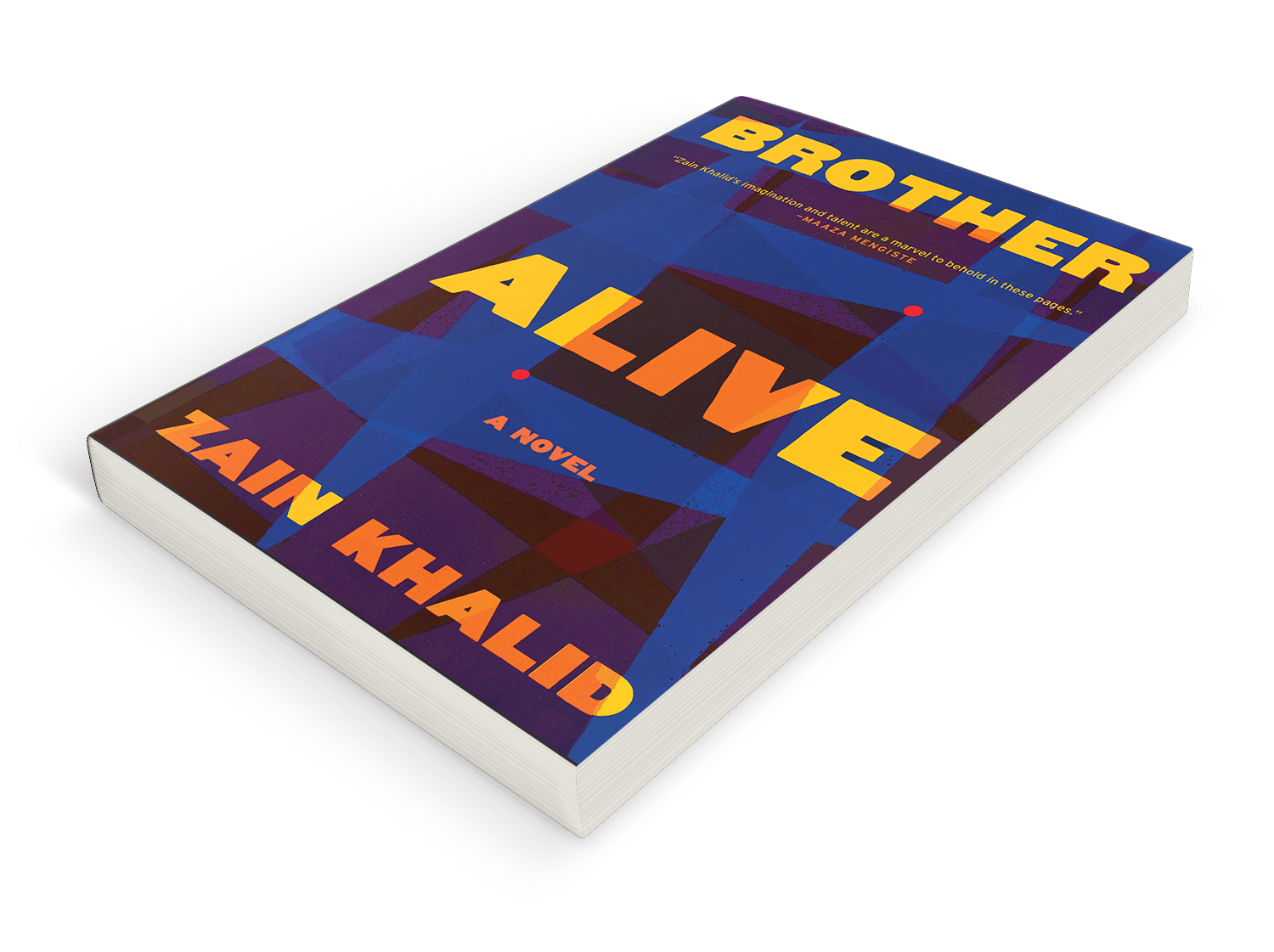

The repartee between the brothers is particularly pleasing, with its communion between humor and fraternal devotion a tangible thing that screeches from the strain it’s put under by life’s twistings. This physicality extends to the central group of characters, molded into a family by time and circumstance the volatility of emotion that stuffs the present back into the past. Khalid paints a visceral world, one of touch and taste and smell, made fatty and plush by its various sensory elements. The Brother’s shape acclimates to the fissures it leaves in the boy’s form, cementing their relationship as not only parasitic, but oddly tender. With its tidal portrayal of a world both physical and formless, the narration rushes through us, delighting and confounding in equal measure.Īnd the deeper we delve into the story, the more ominous the enigma of Youssef’s mental affliction appears. Khalid’s decadent prose roils and subdues the pages of the book, swelling around the seam of its poetic tone, fudging the grainy feel of reality. Stitched from three unique parts, the novel tells the story of three brothers connected not by blood or race, but by the protective gaze of their adoptive father, Imam Salim.īut as the man begins to unravel, the mystery shrouding his relationship with the boys’ parents transforms into a physical, gouging weight one that propels them back to Saudi Arabia, where they confront the horrors of their shared past. Brother Aliveis an intellectual feast, an existential wail, the anguished contraction of feeling, a pyretic dream.


 0 kommentar(er)
0 kommentar(er)
